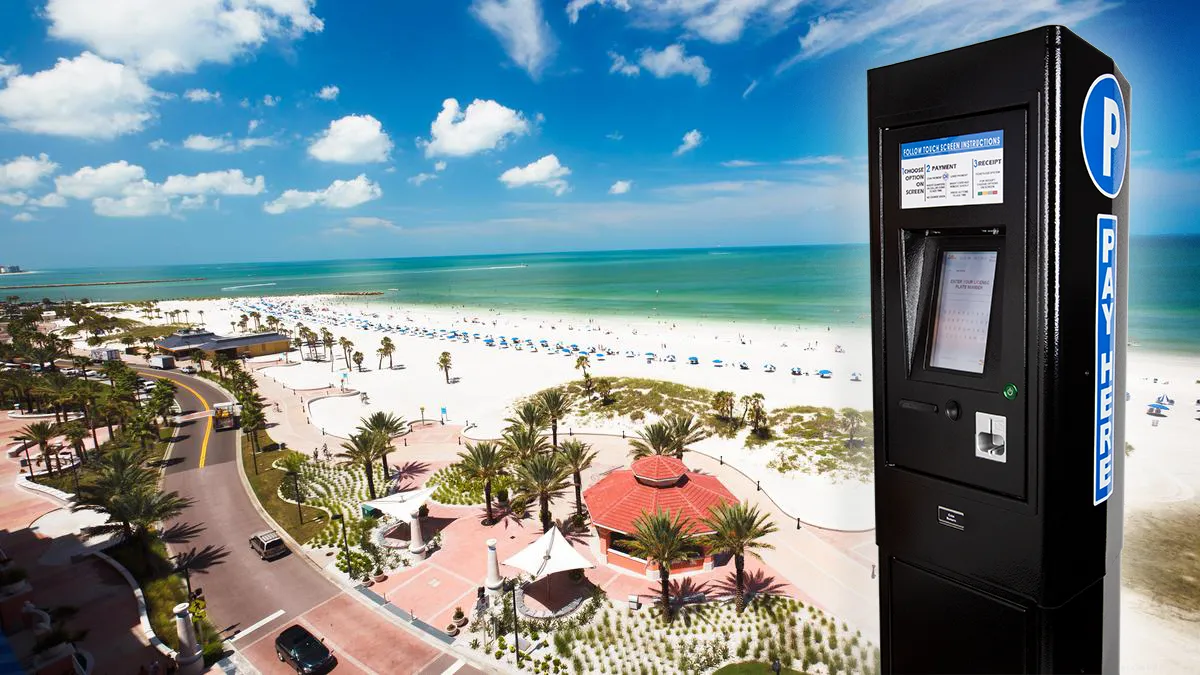This Metric Aura pay and display parking machine, located in a Stratford-on-Avon car park in the UK, has resisted an oxyacetylene attack.
January 30, 2012
Read time: 1 min
This Metric Aura pay and display parking machine, located in a Stratford-on-Avon car park in the UK, has resisted an oxyacetylene attack. Despite leaving a huge scorch mark down the front of the machine, the design of the door and the material used in its manufacture prevented the raiders from reaching the cash. According to Richard Boultbee, 845 Metric Parking’s UK sales manager, “The machine continued to serve the public following the attack and we have since replaced the door and taken it back to Metric House for further analysis.”









